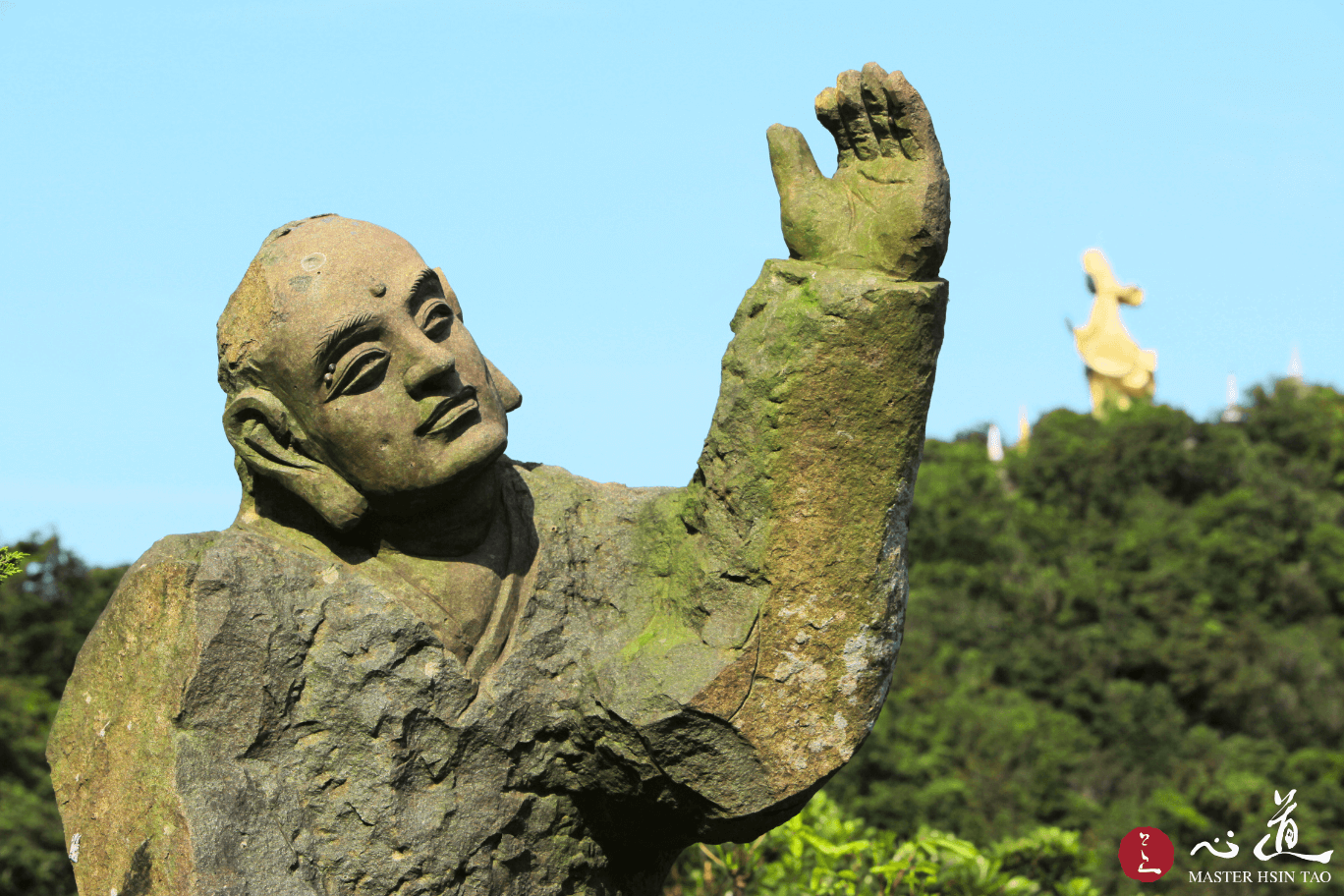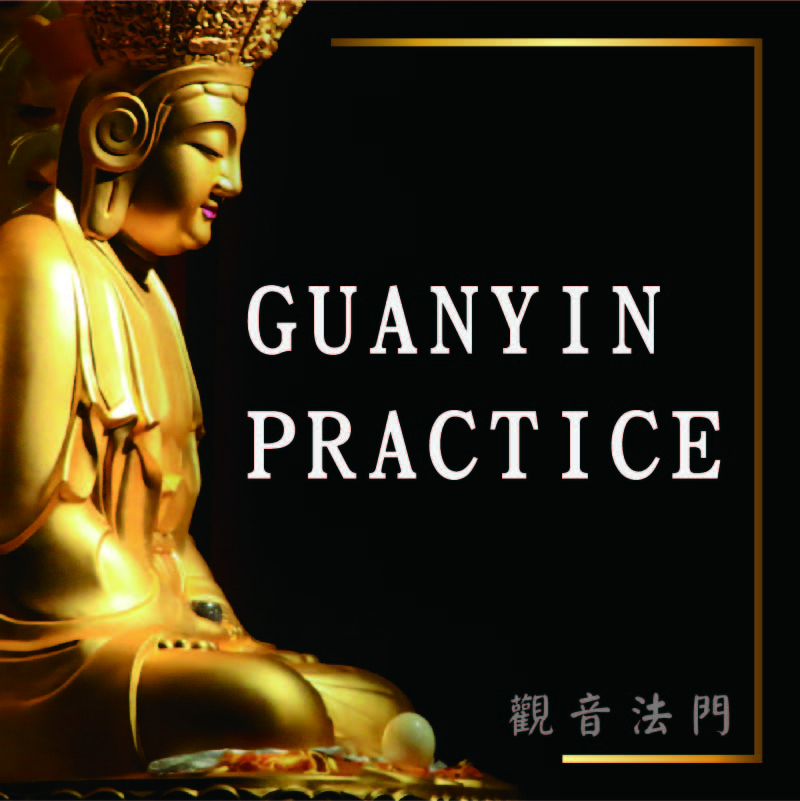
-


Sitting Meditation: The Silence Where Afflictions Cease
During Chan practice, meditating on primordial awareness engenders a sense of stability. This is because primordial awareness is not something newly acquired, but rather what has been inherently within each of us.
-


Sitting Meditation as a Return to the Mind
Why, then, is the mind unchanging and of infinite life? Because all notions characterized by form are subject to decline, whereas the mind, being without notions, is not subject to decline.
-


Listening to the Silence of the Primordial Awareness
In Chan practice, the mind must strive to remain free of attachment and entanglement. Should these arise, we should contemplate emptiness: all things arise when causes and conditions converge, and cease in the same manner.
-


Chan Practice: Refine to Uncover the Awareness
Every one of us possesses an innate ability for learning, referred to as “awareness.” It is through this awareness that acquiring knowledge or even wisdom becomes possible. This awareness is inherently present in both sentient beings and Buddhas alike.
-


2025 Spring Term Monastic Retreat—Luminosity and Emptiness, Manifesting the Trikaya
Padmasambhava taught extensively about the nature of the mind. One teaching points out that failing to realize this nature is a grave fault and great shame. It has always been present, yet we perceive it only as phenomena.
-


2025 Spring Term Monastic Retreat—Selflessness of Primordial Awareness, Enacting Compassion Beyond Self-concern
Without contemplation, Dharma practice becomes impossible, leaving merely intellectual knowledge. However, knowledge itself is a conceptual mind that discriminates and attaches.










